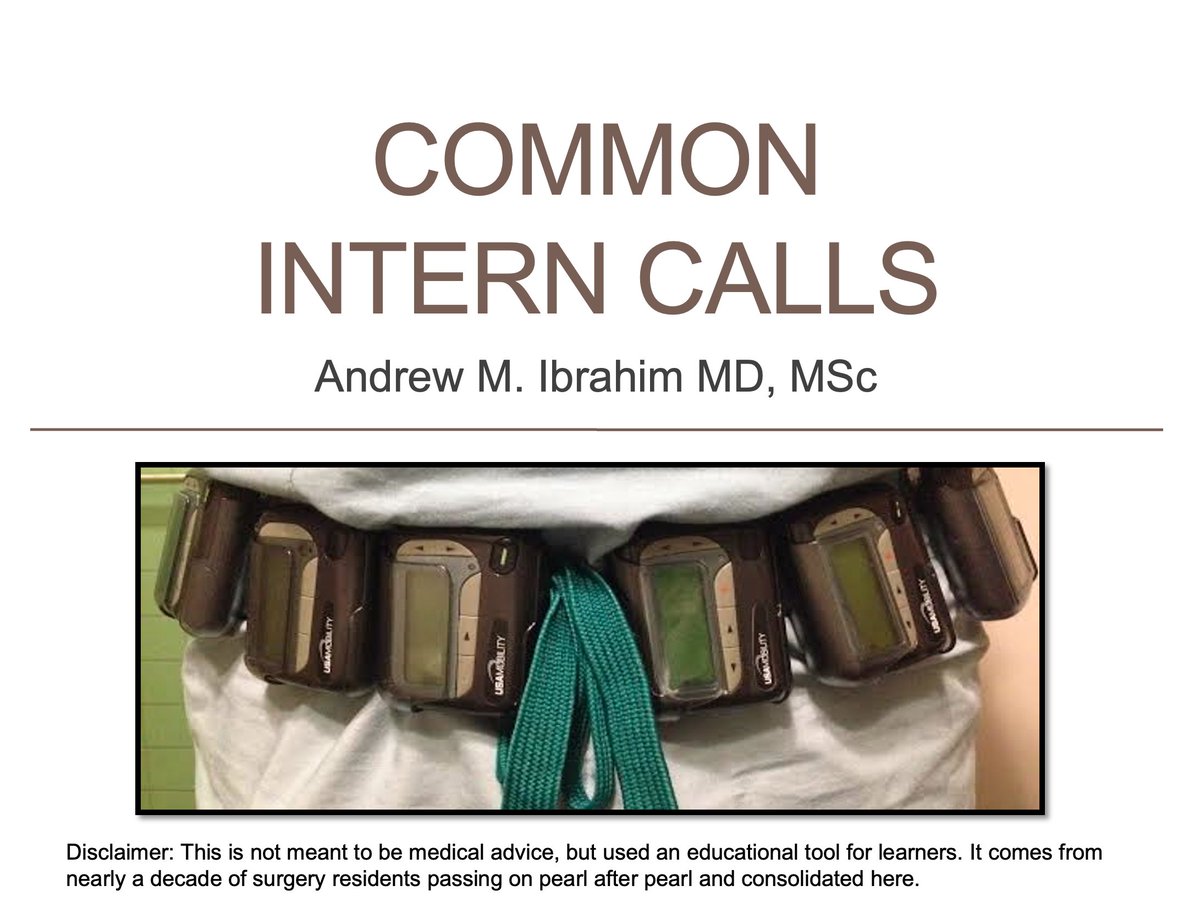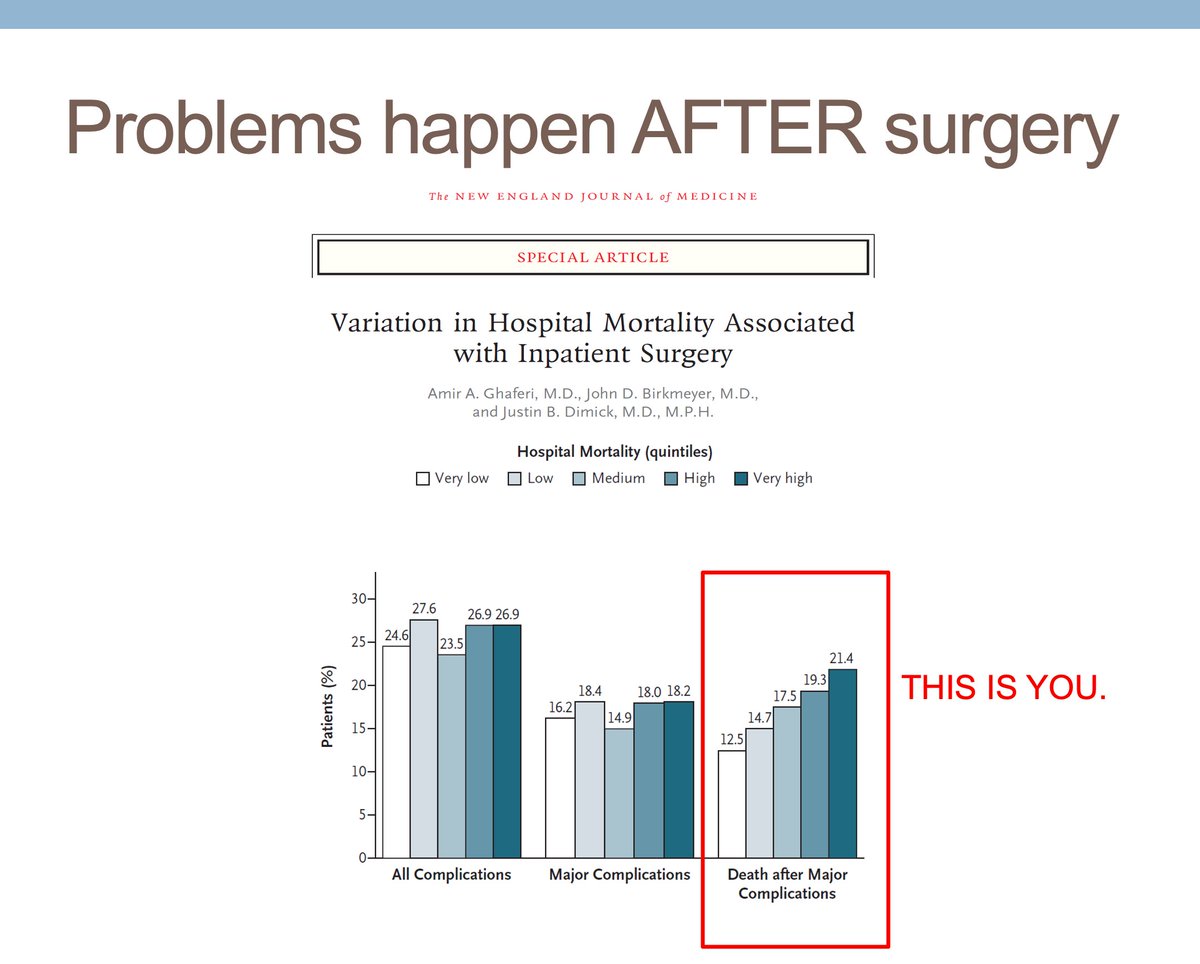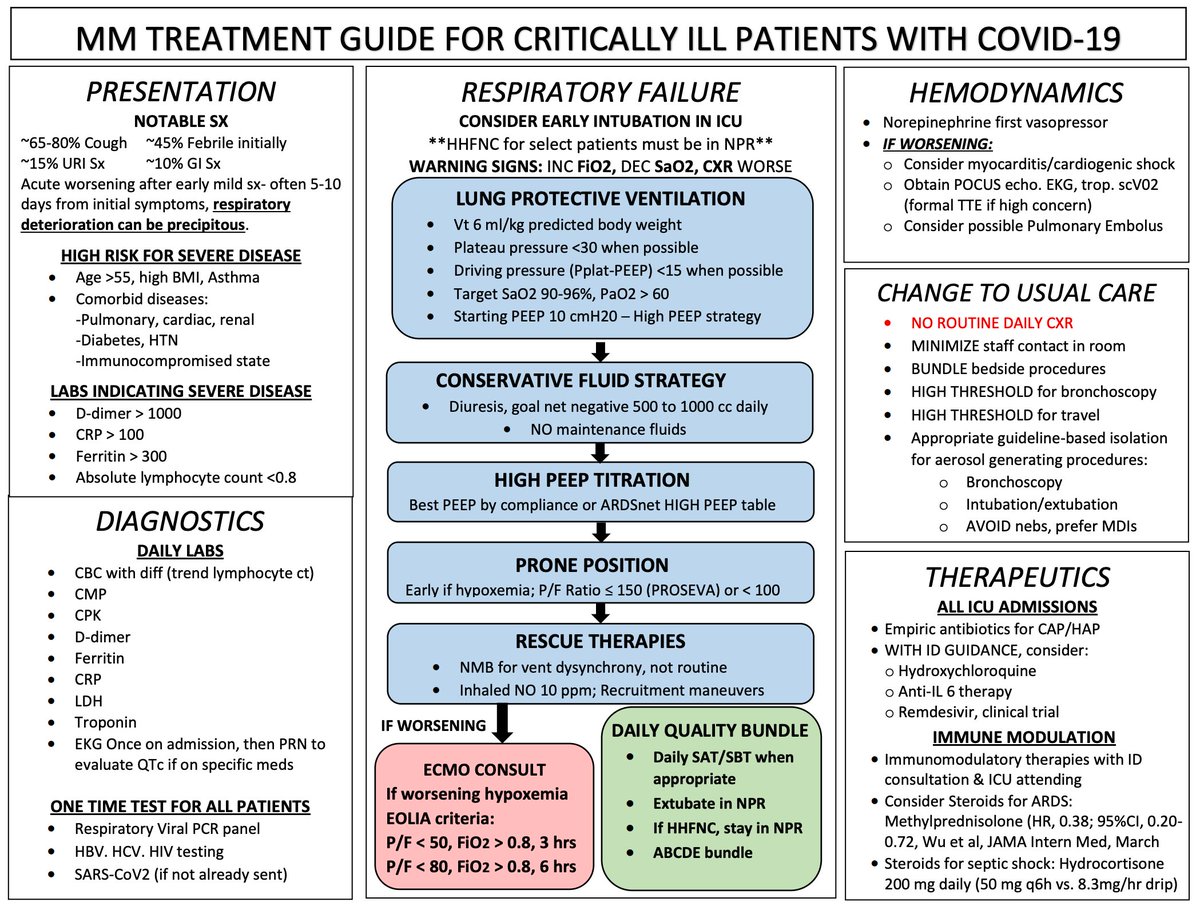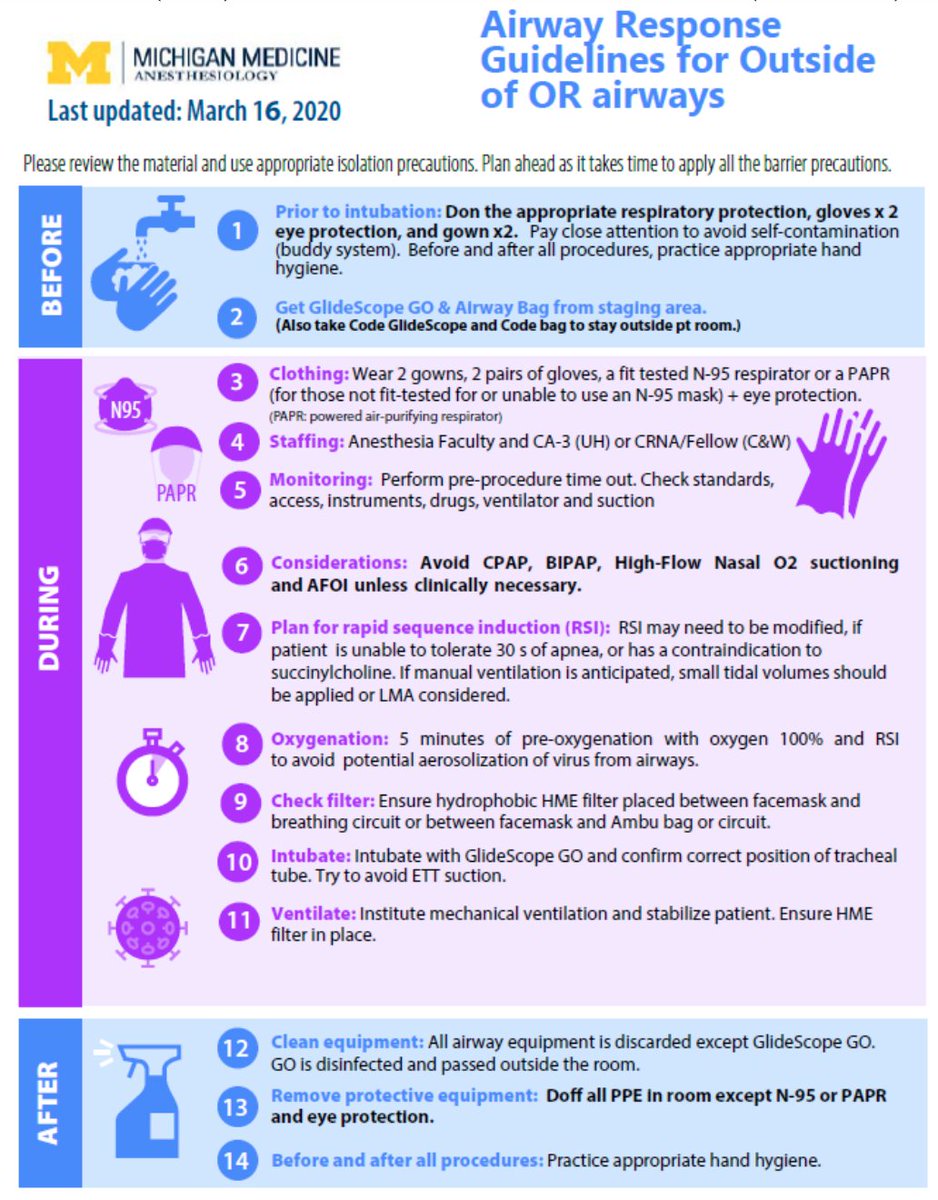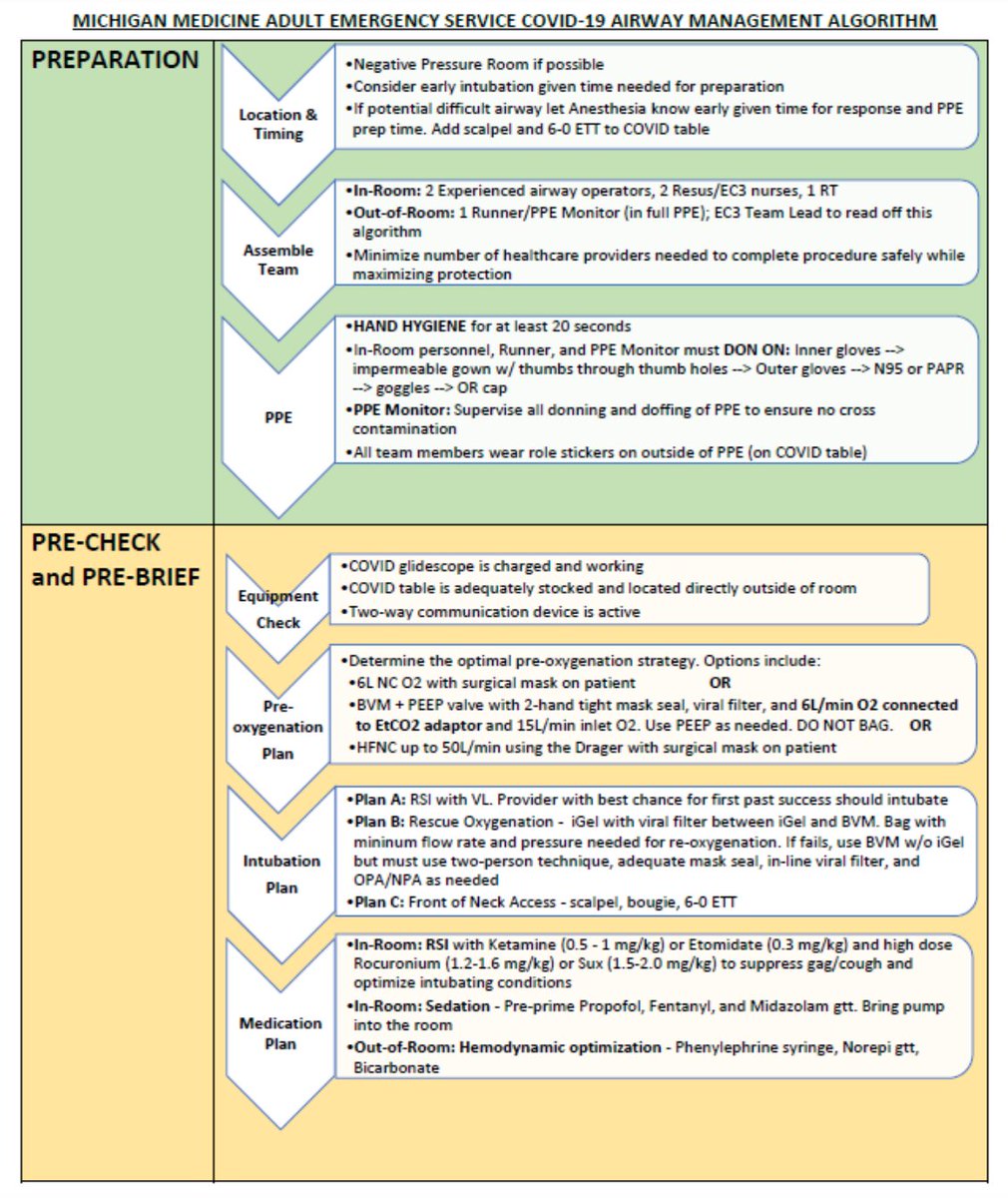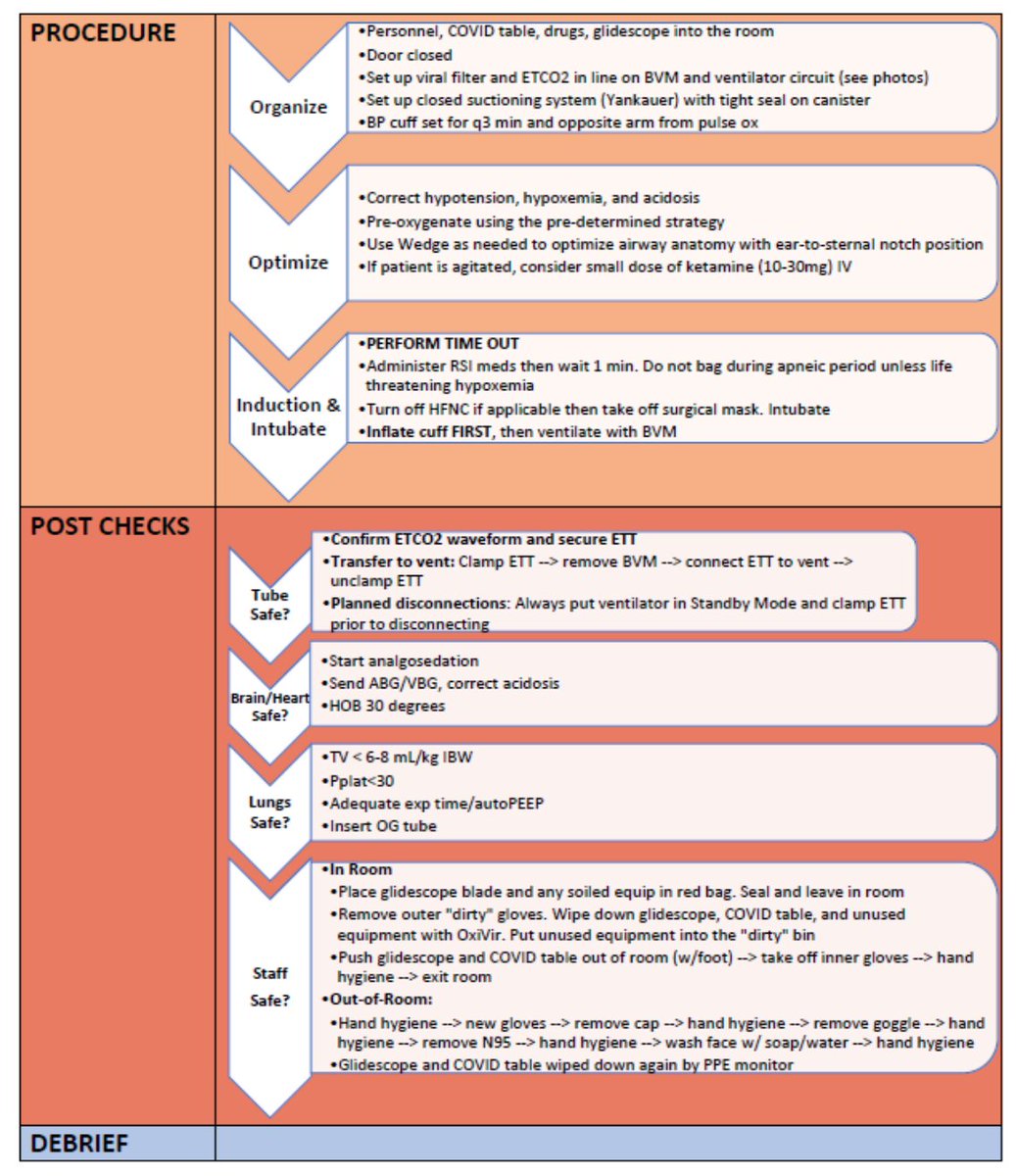
1/ We're welcoming a new group of fellows spending 2 years researching with us... Here are the three most common questions they ask mentors (and how to address them):
#MedEd #FOAMed #Mentoring
#MedEd #FOAMed #Mentoring

2/ To start, some upfront principles. The goals of focused research time at this career stage include: transferable skills, developing a mission & vision, and growing your community. 

3/ So you ask a mentee, "What do you want to do?"
Some have a polished answer, some fake a polished answer, eventually most admit, "I'm not really sure!"
MENTEE QUESTION 1: "How do I move forward when I don't know where I'm going?"
Some have a polished answer, some fake a polished answer, eventually most admit, "I'm not really sure!"
MENTEE QUESTION 1: "How do I move forward when I don't know where I'm going?"

4/ If your direction is not clear, focus on projects and mentors that can give you transferable skills. I often start mentees with a Medicare Claims project because it includes so many valuable transferable skills. 

5/ It's worth noting, the transferable skills may need multiple projects. In fact, early work should be heavily mentor led with "graduated independence" to the mentee overtime. (The parallels to teaching surgery really come through: From,"Bovie here..." to "Start the case...") 

6/ By project 2-3, Fellows start to hone in the direction of their work.
MENTEE QUESTION 2: I know what what I want to do, how do I go faster?
And well, there are two types of people in the world... early on, be the 2nd.
MENTEE QUESTION 2: I know what what I want to do, how do I go faster?
And well, there are two types of people in the world... early on, be the 2nd.

7/ There is so much up front investment to learn a new dataset, method, cohort, content area. For whatever reason, once fellows master one dataset, they love trying to conquer a new one😩
It slows down your productivity...
It slows down your productivity...

8/ One you learn a dataset, method, cohort, stick to it for at least 2-3 projects. As @jdimick1 often teaches, "compound your advantages.".... 
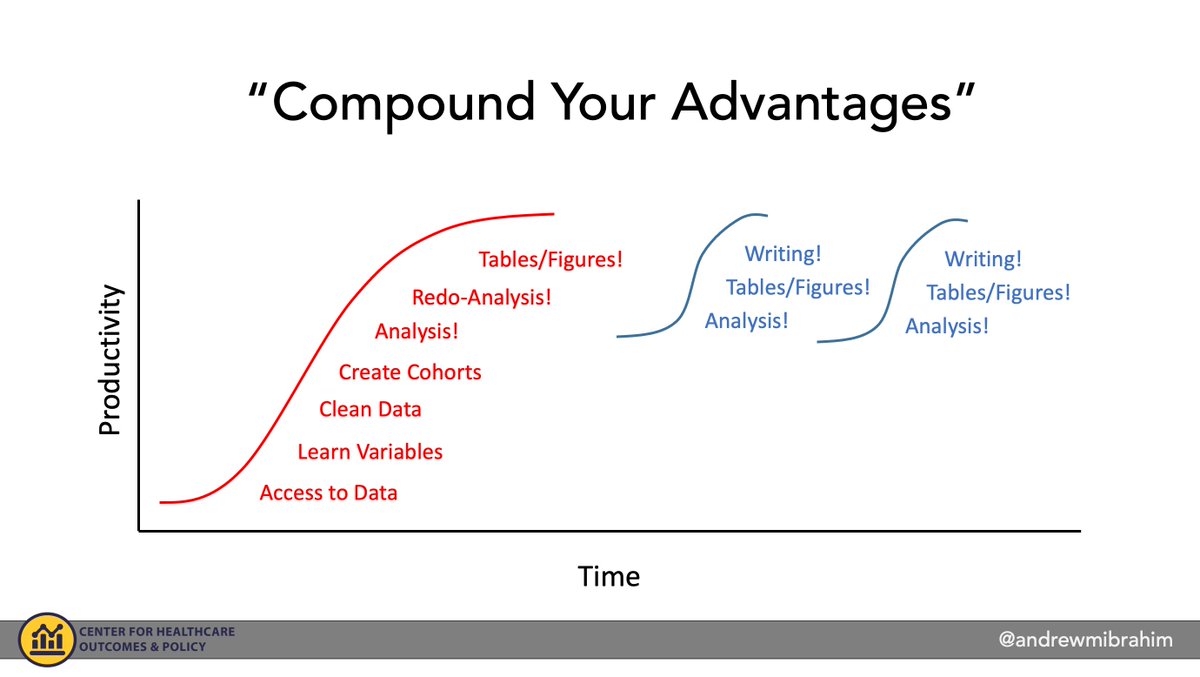
9/ My first fellow project was about Critical Access Hospitals and took me a year. Before it I had never heard of CAHs. Once I learned how unique they were and had created cohorts in Medicare, I then used same data to study access, test policy incentives & estimate ACA $ savings. 

10/ Eventually, fellows get their skills, develop their mission and now need to build community to scale up their work. Or as mentees often say...
MENTEE QUESTION 3: How do I scale my impact?!
MENTEE QUESTION 3: How do I scale my impact?!

11/ Scaling impact of your work has a lot of approaches...
I'm obliged to tell you that use of a #VisualAbstract has been shown in RCT x6 to get your work read more often. Our Orig crossover trial @AnnalsofSurgery here (journals.lww.com/annalsofsurger… ) next 5 below.
I'm obliged to tell you that use of a #VisualAbstract has been shown in RCT x6 to get your work read more often. Our Orig crossover trial @AnnalsofSurgery here (journals.lww.com/annalsofsurger… ) next 5 below.

12/ But the other important strategy to scaling your work is working alongside others with humble curiosity. I tried writing a grant on surgical access and it scored "Not Discussed"... then I met @DrJohnScott ...Learned I had some serious blind spots about understanding access... 

13/ Lots of tough brotherly love, but @DrJohnScott graciously schooled me up. We went from a single PI not-worth-discussing grant to a way more robust model (initial paper in @Health_Affairs here: healthaffairs.org/doi/abs/10.137… ) and a Co-PI fundable R01 score. 
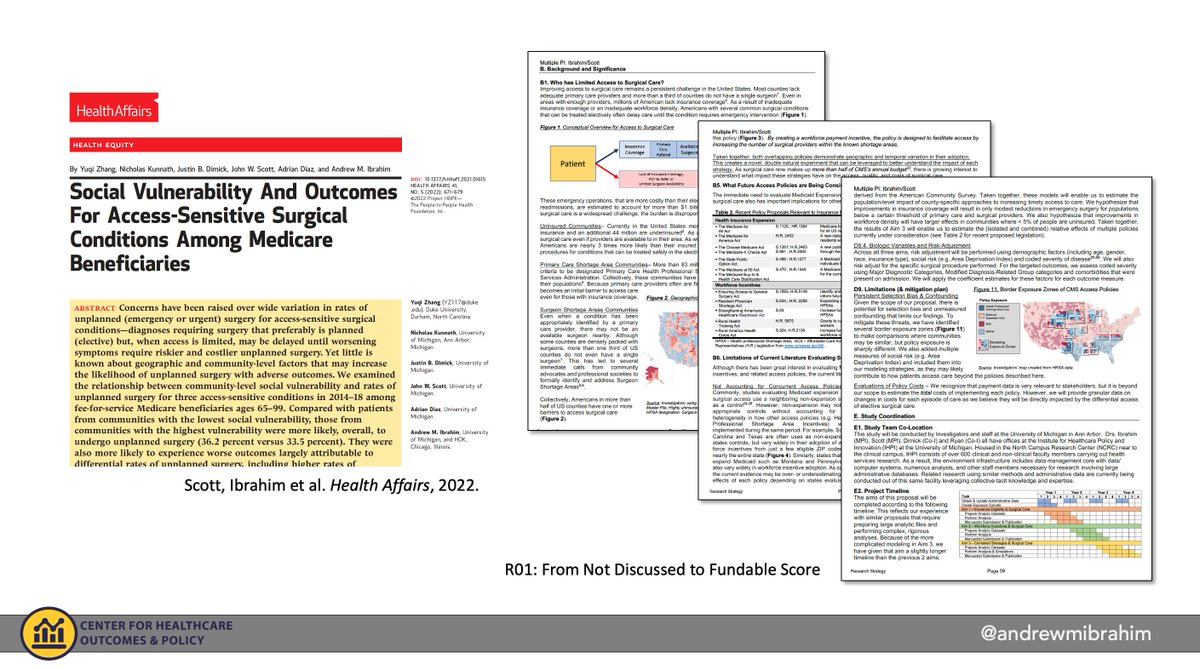
14/ In summary, advice to fellows:
1. Move Forward - by focusing on transferable skills
2. Go Faster - by compounding your advantages
3. Scale Impact - by collaborating with humble curiosity
Excited to dig in with the new fellows! @UMichCHOPFellow @UM_IHPI @ncspMICHIGAN
1. Move Forward - by focusing on transferable skills
2. Go Faster - by compounding your advantages
3. Scale Impact - by collaborating with humble curiosity
Excited to dig in with the new fellows! @UMichCHOPFellow @UM_IHPI @ncspMICHIGAN
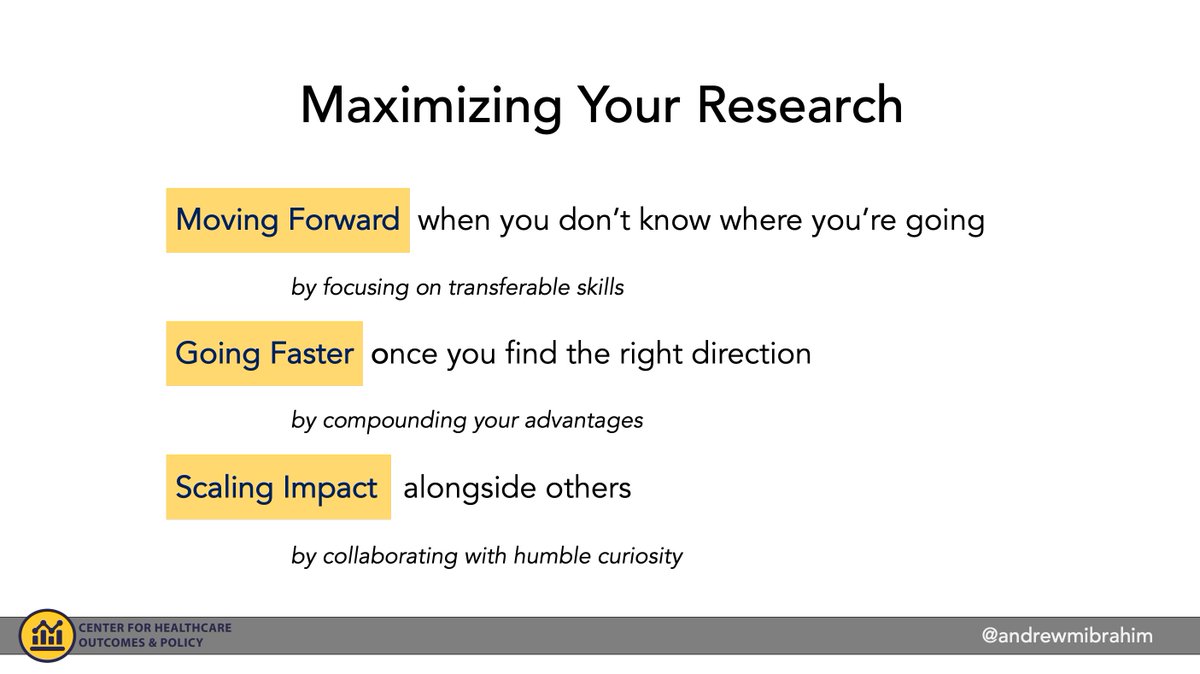
• • •
Missing some Tweet in this thread? You can try to
force a refresh




